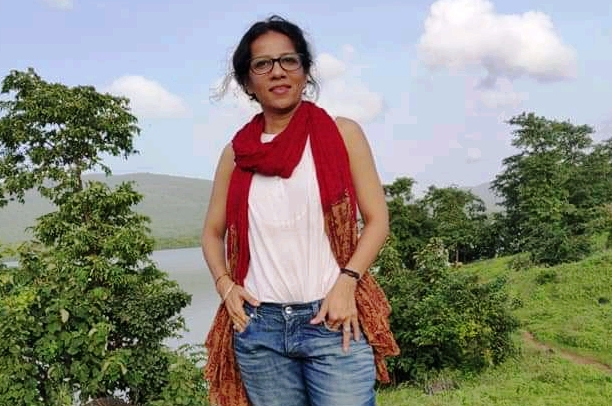Namita Shetty, 40, a trauma therapist in Mumbai, says if a journalist of Priya Ramani’s stature had spoken up against harassment in time, it would have saved many others from similar suffering
In my honest opinion the hashtag #MeToo doesn’t really help when it comes to abuse and harassment at the workplace. In my work as a psychotherapist, I can say that each case is different, and to push them all under the same umbrella (such as #MeToo) is problematic.
Coming to the Priya Ramani case, I frankly am not very proud of her. I would instead hold the example of an IAS officer like Rupan Deol Bajaj, who took on a man of the stature of KPS Gill, considered by many a super cop, a hero, in good time.
I feel sad that that a journalist of Priya Ramani’s standing needed a #MeToo surge to be able to tell her story of harassment. If a journalist of her experience did not have the courage to speak up for 25 years, how could she have the conviction to report matters of gender injustices such as Nirbhaya, Priyanka Reddy, Hathras, or lately Unnao? Having said that, it is still important that these stories be told, the traumas be shared.

If you feel you have been abused, you are supposed to speak up, not listen. It is the time to have a voice, not an ear to listen to other weaker, more scared voices and stop. I admire the courage of an unlettered woman like Asha Devi (Nirbhaya’s mother) who had the tenacity and the resilience to fight things through and not be embarrassed by what happened to her daughter. That is how we are supposed to react. By hiding our stories, we become victims over and over again.
I say there is a difference between being a victim and moving around with a sense of victimhood when it comes to harassment and abuse. Especially in the workplace you need to take quicker actions because you need to see the person everyday. Don’t wait for workplaces to strengthen the policies. While that is always welcome, work with the tools you have in hand right now and work towards feeling better.
ALSO READ: ‘Ramani’s Case To Be A Precedent & A Deterrent’
Being a victim of harassment is like registering what is wrong and untoward. But victimhood is not the answer. React; act whatever makes you feel empowered, legally or socially. If you are outraged at what happened to your dignity and modesty then walk with that anger and outrage until you feel better. Don’t wait for a revolution to share your story; be the revolution. Your story is as sacred as anyone else’s.
We need to do away with the ‘bechara’ culture in India. Bechara is the language of victimhood. Be a ‘ME’ and not a ‘ME TOO’. Love yourself enough so that the perpetrator cannot find gaps in your personality or gaslight you, be sure of yourself. Own your sexuality and your orientation. Owning yourself fully is the most powerful things you can do.
And while it is okay for people to come out decades later with their stories, it is preferable to come out sooner. You don’t have to carry the pain for so long. The post-pandemic workplace has changed and most of the work has gone virtual, that doesn’t mean you let go of virtual harassment.
As Told To Yog Maya Singh
